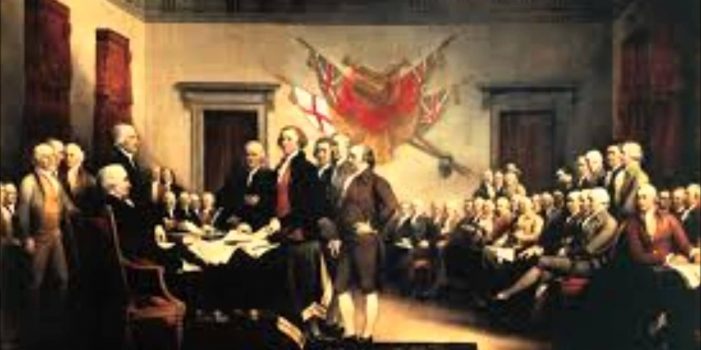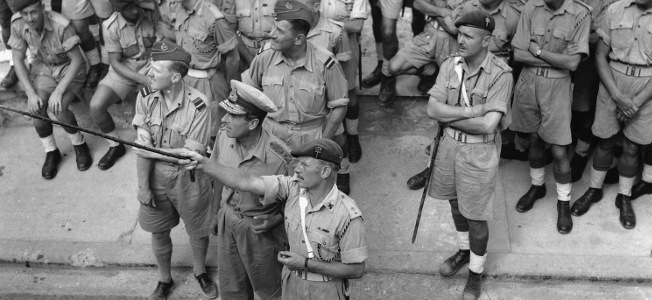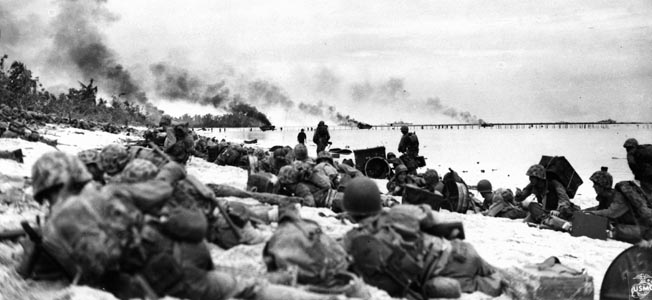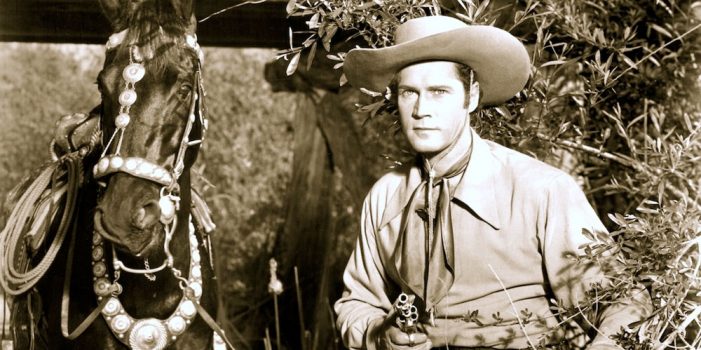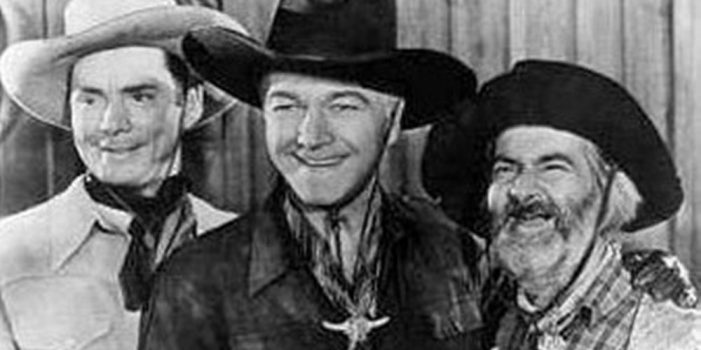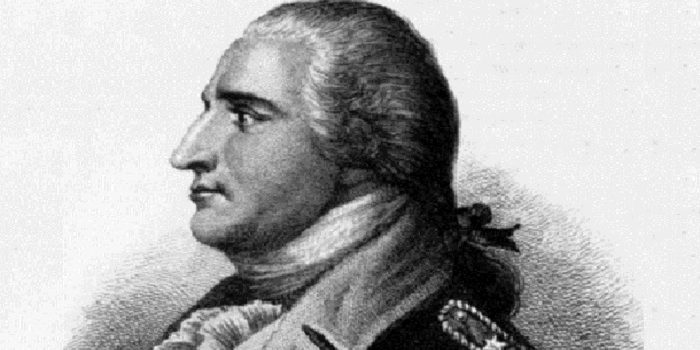Preparedness Notes for Sunday – September 23, 2018
September 23, 1800 is the birthday of William McGuffey, a college president who is best known for writing the McGuffey Readers, the first widely used series of textbooks. It is estimated that at least 122 million copies of McGuffey Readers were sold between 1836 and 1960, placing its sales in a category with the Bible and Webster’s Dictionary.




